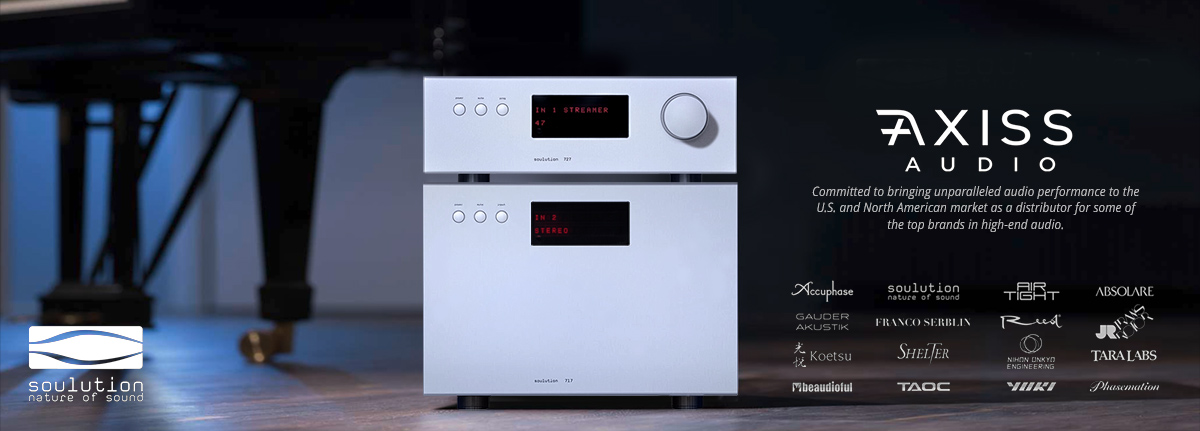CablemanIf an amp can’t deliver on all types of music then it’s not doing its job properly. For too long many have accepted that some amps play ‘small music’ really well but can’t deliver on a grand scale. IMHO they are suffering with poor quality amps.
I think you’ve initiated this thread following my mention of various amplifiers used with Avantgarde speakers in another thread. In that thread I included this observation:
Art Audio PX-25 SET - best sound for female vocal, small scale music
Is it this remark that prompted you to start this thread? If so, you are obviously not familiar with the Art Audio amp.
It is an SET powered by a PX-25 valve with a meagre 6 watts output. Do you really believe that this is “not doing its job properly” or a “poor quality amp”?
This amplifier reproduces the female voice supported by a small ensemble exquisitely, but it’s understandably a little out of its comfort zone with a Mahler symphony played at an appropriate volume. If I mainly listened to the former, I'd be still be happily using the Art Audio amp.
There’s no mileage in your argument that “Any decent amp … must be able to produce ALL MUSIC ... If it can’t do that toss it and move on” As with speakers, some amps are better reproducing certain types of music than others, otherwise we would all choose the same “perfect” amplifier.
What amplifier do you use and with which speakers? It would be interesting to know, so we could all “toss out” our “poor quality amps” and speakers and follow your example. It’s easy to add it to your Signature. Thanks.
















